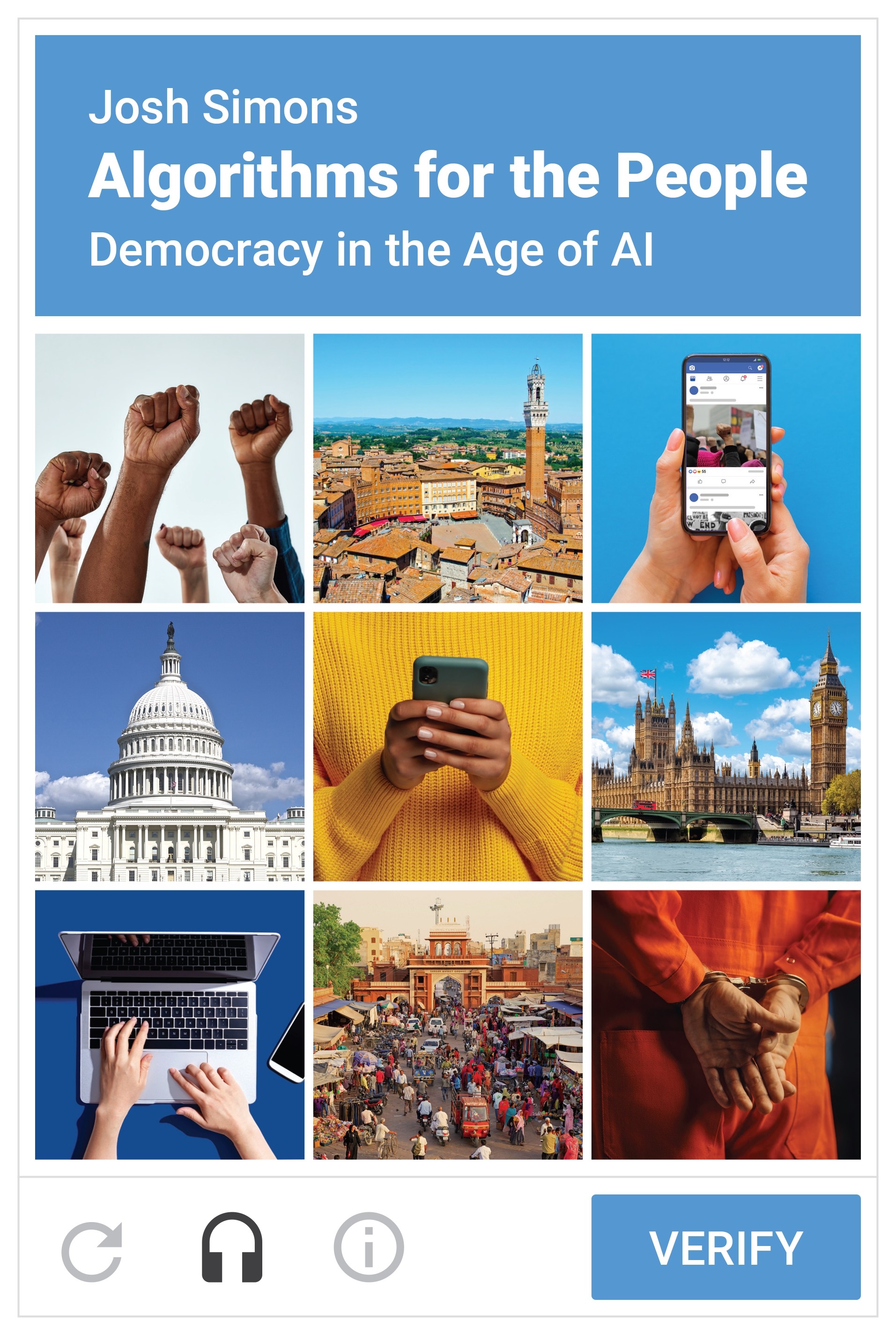The increasing reliance on machine learning algorithms in various aspects of life raises important questions about their impact on democracy and the need for effective regulation. This article delves into the complex relationship between algorithms, power, and democratic governance, exploring how these systems can perpetuate existing inequalities and potentially undermine democratic principles. Drawing from recent works in the field, we examine the inherent political nature of algorithmic prediction and consider the urgent need for regulatory frameworks to ensure that these technologies serve the interests of the people.
Decoding the Algorithm: Understanding the Political Implications
Machine learning algorithms, at their core, are designed to predict future outcomes based on past data. However, this seemingly objective process is inherently political, as the data used to train these algorithms often reflects existing societal biases and power structures. Consequently, the predictions generated by these systems can reinforce and even exacerbate existing inequalities. Think of algorithms used in loan applications, hiring processes, or even criminal justice risk assessments – the data they rely on can perpetuate historical discrimination and lead to unfair outcomes.
 cover of Algorithms for the People
cover of Algorithms for the People
Authors like Cathy O’Neil, Safiya Noble, and Shoshana Zuboff have highlighted the potential for algorithms to become “weapons of math destruction,” perpetuating discriminatory practices and undermining democratic values. Their work underscores the urgent need for a critical examination of the ethical and political implications of algorithmic decision-making.
The Illusion of Objectivity: Why Algorithms Aren’t Neutral
One common misconception is that algorithms are inherently objective and neutral. However, this is far from the truth. The design and implementation of any machine learning algorithm involve a series of human choices – from the data selected to the parameters adjusted – that inevitably reflect the values and biases of the creators. Furthermore, the profit motive often drives the development and deployment of these systems, further complicating the issue.
For instance, the algorithms that power social media feeds are designed to maximize user engagement and advertising revenue. This can lead to the creation of filter bubbles, where individuals are only exposed to information that confirms their existing beliefs, potentially contributing to political polarization and the erosion of informed public discourse.
The Call for Regulation: Ensuring Algorithmic Accountability
Given the profound impact of algorithms on individuals and society, the need for effective regulation is paramount. Josh Simons, in his book “Algorithms for the People: Democracy in the Age of AI,” argues that machine learning models are not inherently problematic; rather, it is our responsibility to ensure that they are used in a way that strengthens democratic principles. He advocates for treating technology providers more like public utilities, subject to greater public oversight and accountability.
This call for regulation extends beyond individual companies to encompass the broader ecosystem of data collection, processing, and utilization. It necessitates a comprehensive approach that addresses issues of transparency, fairness, accountability, and democratic control over these powerful technologies.
Rethinking the Future: Building a More Equitable Algorithmic Society
Ultimately, the future of algorithmic governance depends on our collective willingness to critically examine the role of these technologies in shaping our lives. We must move beyond the simplistic notion that algorithms are neutral tools and recognize their inherent political nature. By demanding transparency, accountability, and democratic control over the development and deployment of these systems, we can strive to create a more equitable and just society in the age of AI. As anthropologist David Graeber observed, “The ultimate, hidden truth of the world is that it is something that we make, and could just as easily make differently.” This applies to algorithms as well. We have the power to shape them to serve the common good, rather than allowing them to perpetuate existing inequalities.
